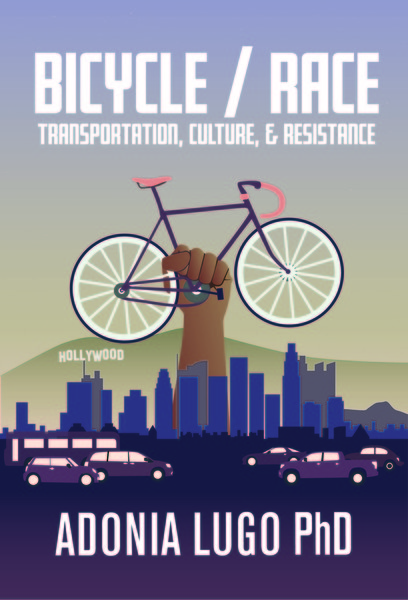I just spent another 30 hours on the Coast Starlight from LA to Portland, and it was one of my nicest train rides.
Central California, near the coast, brings to mind other regions. It reminds me of the fields of Michigan Bobby and I biked through last summer. Of course, here we don't have that soaking humidity, but through my train window every landscape has the same chilly aridity.
The sloping hills covered in tall grass also worked nicely as a setting for reading My Àntonia, Willa Cather's story about the struggles of immigrant farmers in Nebraska. Her narrator can never break free from the land of red grass hills and roads marked by sunflowers, or from loving the strong, vibrant daughters of the farms. Like Cather herself, he finds himself returning again and again to appreciate the abiding trust and joy of humanity summed up in Àntonia. What a satisfying book to read in one sitting!
Cather's stories gave me one of my earliest impetuses to chase some vision of American summer around the country on trains. It is fitting, then, that I should have slipped My Àntonia into my trusty yellow backpack alongside Ray Bradbury's Dandelion Wine as I left yesterday morning on my third summer quest to find American summer and revel in it. One thing I've learned: it can be found close to the ground where the growing things live, not on sale at Wal-Mart.
The third party in my set of train books has turned somewhat blah. I visited Hearst Castle recently with an itinerant gang of flappers and rogues, and picked up a Marion Davies memoir there. As publisher William Randolph Hearst's companion for many years, Davies acted out his fantasies of her as screen goddess to much critical scorn. The Hollywood set adored their parties, though. The Times We Had does not disappoint in pictures, to be sure; they're crammed in all over the place. It's just that Davies never really spills any beans. She never says an unkind word about the antiquities-obsessed father of five sons who fell for her when she was a Ziegfeld girl at age 16 (Hearst's age: 58).
I was hoping for a sharper account, a gore fest like Kenneth Anger's Hollywood Babylon. Even Gloria Swanson, a contemporary of Davies', gives all kinds of juicy details about her affair with Joseph P. Kennedy in her own autobiography. That's what I like when reading about old Hollywood: stories about bachannalian indulgence, about attractive, charming people giving in to their basest desires, and staying pure and good in the American eye at the same time. Davies' book talks more about meeting European royalty (snooze) than about booze and criminal charges.
Back to my idyllic train ride: I woke up this morning in Dunsmuir, one of my favorite mountain towns, and then we chugged along on schedule to Portland. I slapped my pedals back on my bike, hooked on my panniers, and rode to SE.

